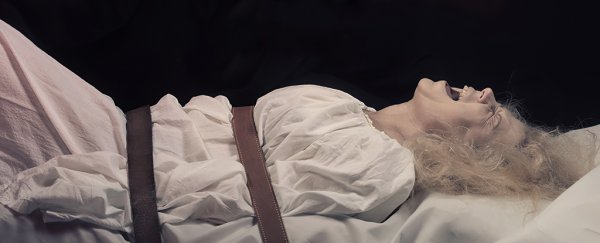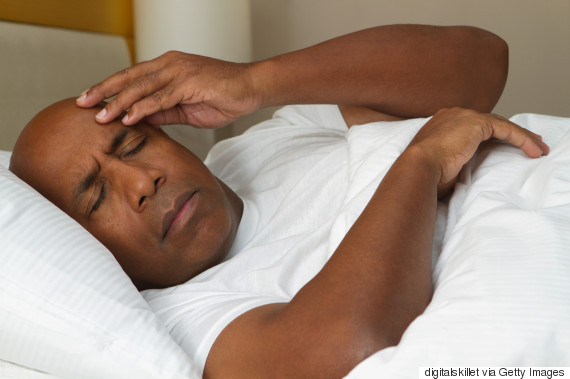
In relation with hypnagogia, it causes hallucinations of the action, or the feeling to be performing it, as the brain "replays" memories of daily events. This effect can occur with other video games, non-video games, or jobs or sports involving repetitive actions. It is named after the video game, since when people have play it for extensive amounts of time, it usually starts to permeate their thought when not playing it, and even their dreams. This is common in people that usually perform repetitive actions in their everyday life. No medication helped my hallucinations, only time and testing them. I’ve been diagnosed as schizophrenic and I have constant auditory hallucinations, like 24/7 all waking hours. Strong moving sensations or out-of-body experiences are usually related to sleep paralysis, and can happen during hypnagogia. When my symptoms started it would happen when I was awake, but I could move as well being awake. Floating limbs, feeling that one's body is in a different position from what it actually is, or changes in perceived body size are common too. It mainly happens during stage 1 of NREM sleep, and.

Usually, one has lost consciousness before entering this state, but it is also part of some induction techniques. Infections, such as UTIs, especially in people who are older. Certain prescribed medications (as a side effect). During this state, one usually experiences visual, auditory or tactile hallucinations, or sleep paralysis. Several other usually temporary conditions and situations can cause auditory hallucinations, including: Alcohol and recreational drug use. Sometimes, there is also some degree of synesthesia, in which a real stimulus (such as a sound) may trigger perception of flashes or images. Hypnagogia is the experience of transitioning from wakefulness to sleep. Olfactory, gustatory or tactile sensations are also possible in this state, and they are fleeting in nature. If voices are heard, they are usually those of known people, or the sleeper's internal monologue.

Some people report hearing very loud noises, like crashes, gunshots or explosions, which is a sleep disorder known as the exploding head syndrome. Exceptionally, longer-lasting auditory hallucinations can also be heard, such as music. You may then start to sense a strange presence in the room, and this may be followed by buzzing and humming sounds, bright lights, and a sensation of pressure on your chest or prodding at your limbs. A typical experience is to wake up and realize that you can’t move.

These can be faint to loud sounds, including short, nonsensical fragments of speech, everyday noises, or a voice calling one's name. Sleep paralysis can cause intense visual and auditory hallucinations. Eventually, they can form simple images, even becoming three-dimensional. Those patterns become increasingly complex and can be easily controlled on demand by focusing on specific shapes or thinking about them. Initially, hypnagogia will manifest itself as moving blobs of color (see phosphene), usually luminescent, green or purple, in the form of lines, speckles, and geometrical shapes.


 0 kommentar(er)
0 kommentar(er)
